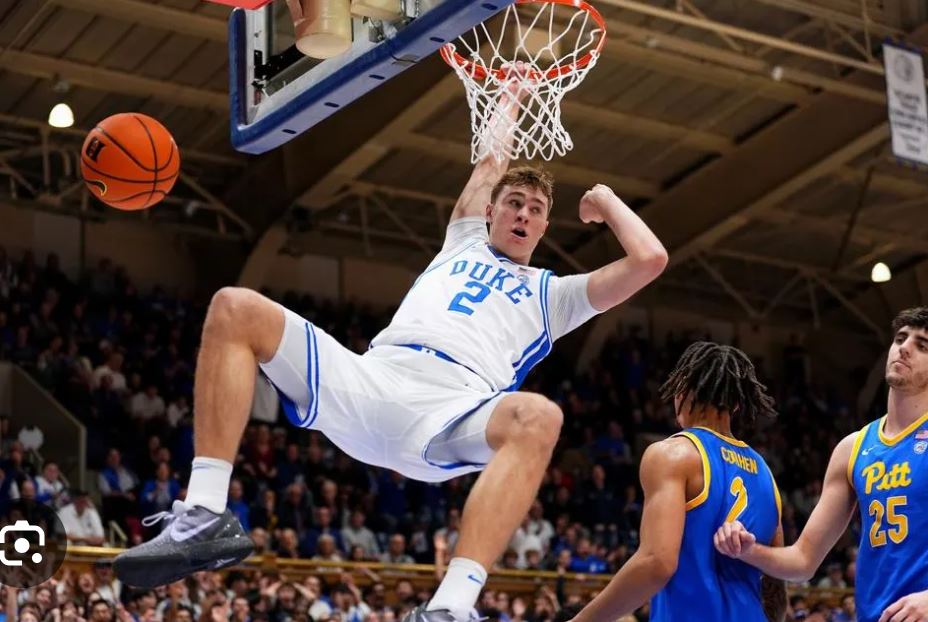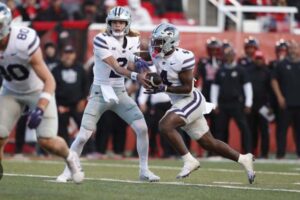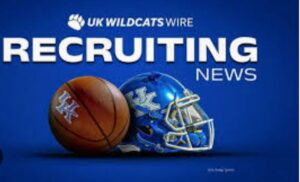
In the name, image and likeness (NIL) age, it pays to play college basketball. It pays about $28 million to Cooper Flagg.
Veteran sports reporter Howard Bryant claims that NIL arrangements with big companies like Fanatics and New Balance made Flagg’s one season with the Duke Blue Devils extremely profitable. Flagg earned $13 million from his NIL deal with New Balance and $15 million from the Fanatics sponsorship; both agreements are expected to follow him to the NBA later this year.
To start the 2025 NBA draft, Flagg is anticipated to be selected by the Dallas Mavericks with the first overall pick on June 25. However, former top overall choice Dwight Howard advised Flagg to change his strategy while he still had the opportunity.
Howard made the startling assertion that Flagg need to go back to Duke during an interview with Shannon Sharpe and Chad Johnson on the “Nightcap” podcast. His logic? Flagg may become a millionaire by the time he is 23 because to the growing size of NBA contracts and the ongoing increase in the pay ceiling.
“If he stays two more years and wins at least one championship at Duke, he’s gonna get at least $100 million off college,” Howard said. “Then, when he goes to the league, the pay cap is going be greater for rookies. He will earn five hundred million dollars. Before his rookie contract expires, he will have become a millionaire.
When the Orlando Magic selected Howard at the top of the 2004 NBA draft, he agreed to a three-year, $19.5 million contract. Howard will shortly be inducted into the Naismith Memorial Basketball Hall of Fame. If Dallas picks Flagg in a few weeks, he will likely sign a four-year, $62.7 million contract with the Mavericks, more than 20 years later.
Flagg has undoubtedly been encouraged to accept the money the Mavericks are likely to offer, given the choice between earning millions of dollars now and waiting another 24 months to do so.

However, Howard has made a compelling case for upcoming rookies to consider as the NBA’s collective bargaining agreement is scheduled to be renegotiated in the next years.







